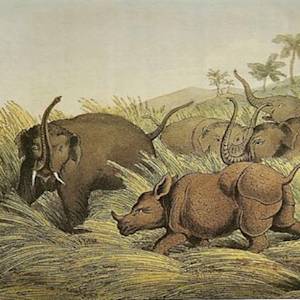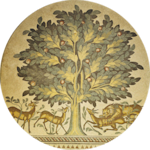The Fruit is Sweet, The Leaves Are Green, Quechua Harvest Song
1470 CE • Peru
O Tuyallay,[coccoborus chrysogaster]
In Ñusta’s field,
O Tuyallay.
Thou must not rob,
O Tuyallay,
The harvest maize,
O Tuyallay.
The grains are white,
O Tuyallay,
So sweet for food,
O Tuyallay.
The fruit is sweet,
O Tuyallay,
The leaves are green
O Tuyallay;
But the trap is set,
O Tuyallay.
The lime is there,
O Tuyallay.
We’ll cut thy claws,
O Tuyallay,
To seize thee quick,
O Tuyallay.
Ask Piscaca,[coccoborus torridus]
O Tuyallay,
Nailed on a branch,
O Tuyallay.
Where is her heart,
O Tuyallay?
Where her plumes,
O Tuyallay?
She is cut up,
O Tuyallay,
For stealing grain,
O Tuyallay.
See the fate,
O Tuyallay,
Of robber birds,
O Tuyallay.
From "Apu Ollantay: a drama of the time of the Incas," recorded around 1470, Apu Ollantay, first translated from Quechua 1770, translated to English 1910, archived online by Project Gutenberg, 2003.
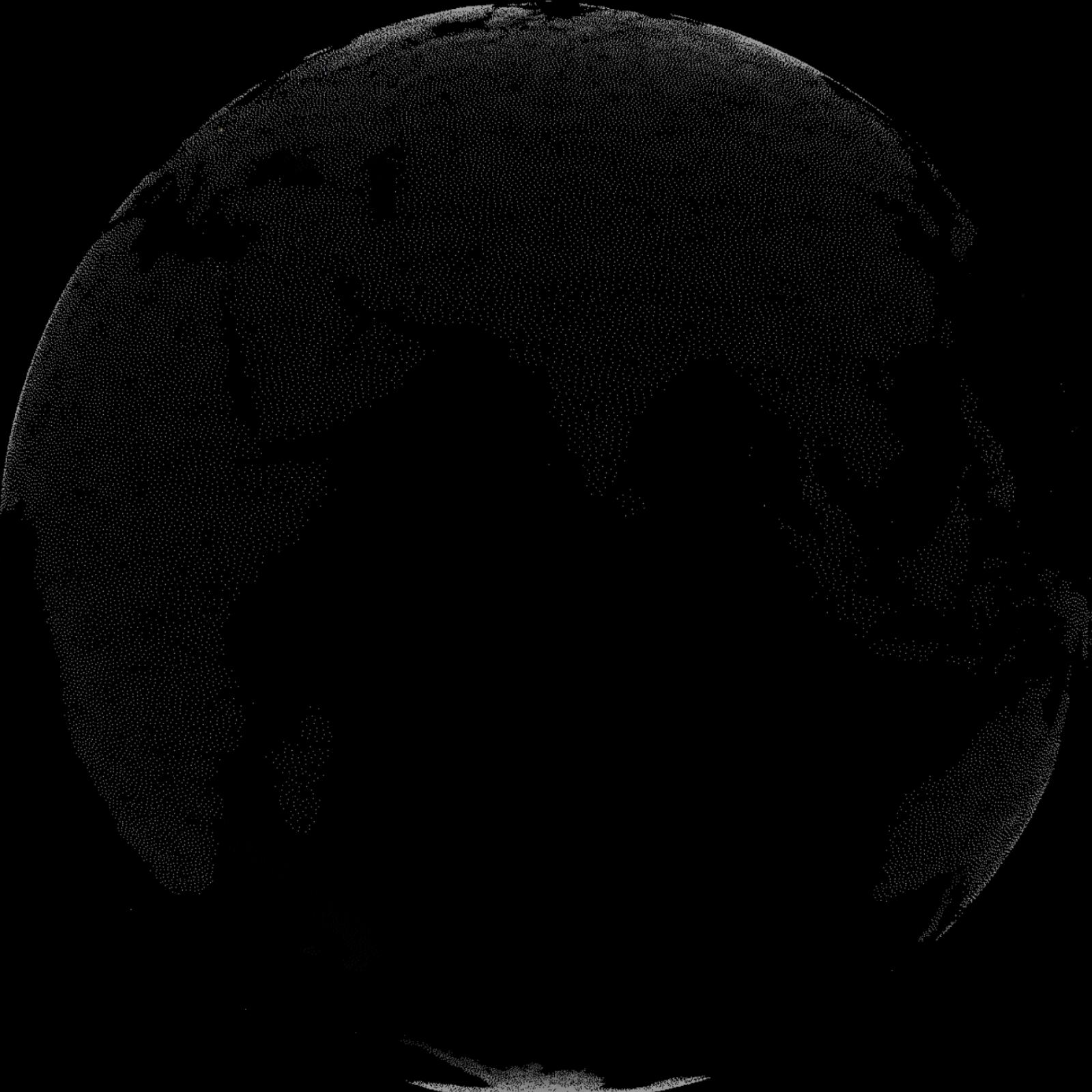

Learn about Maya Lin’s fifth and final memorial: a multi-platform science based artwork that presents an ecological history of our world - past, present, and future.
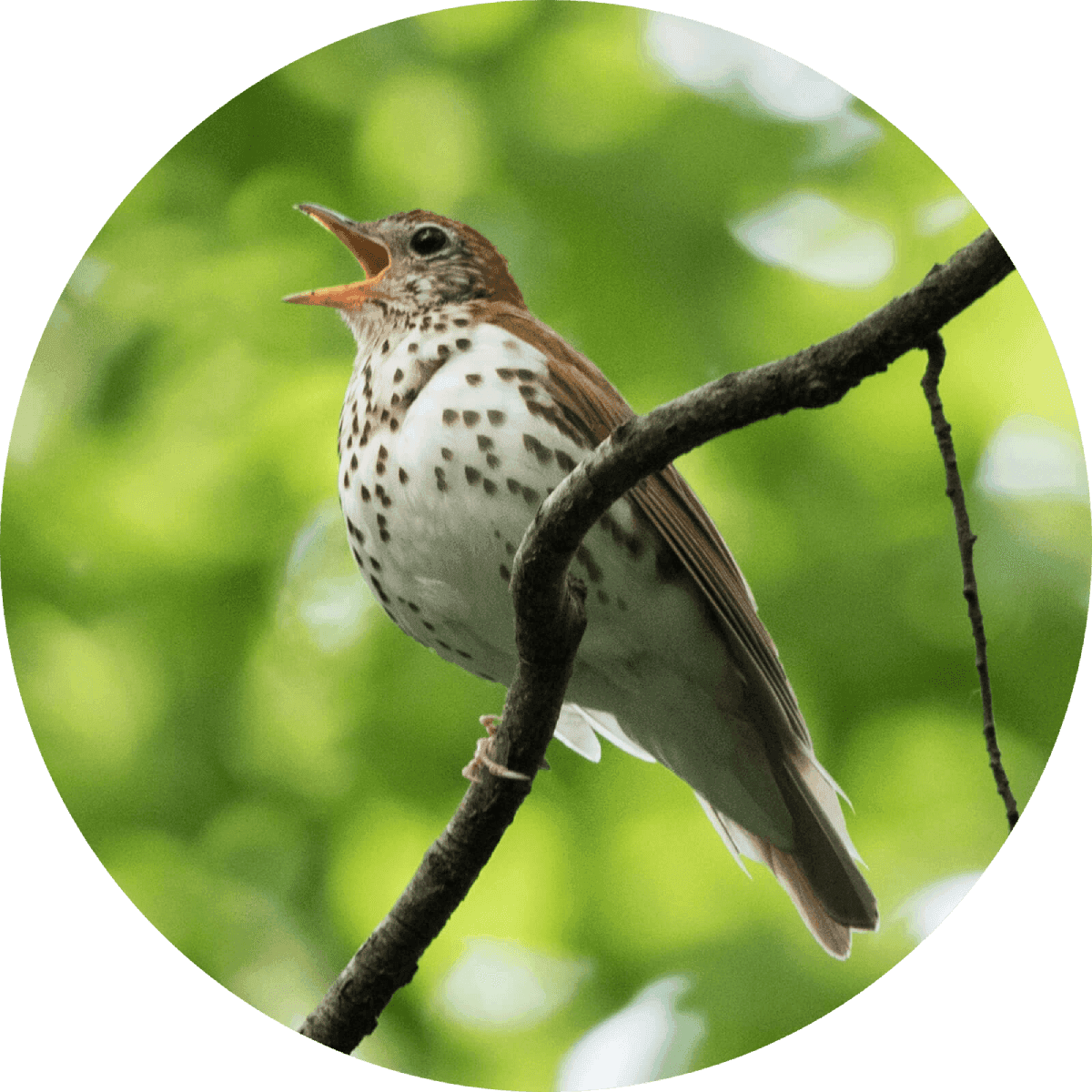
Discover ecological histories and stories of former abundance, loss, and recovery on the map of memory.
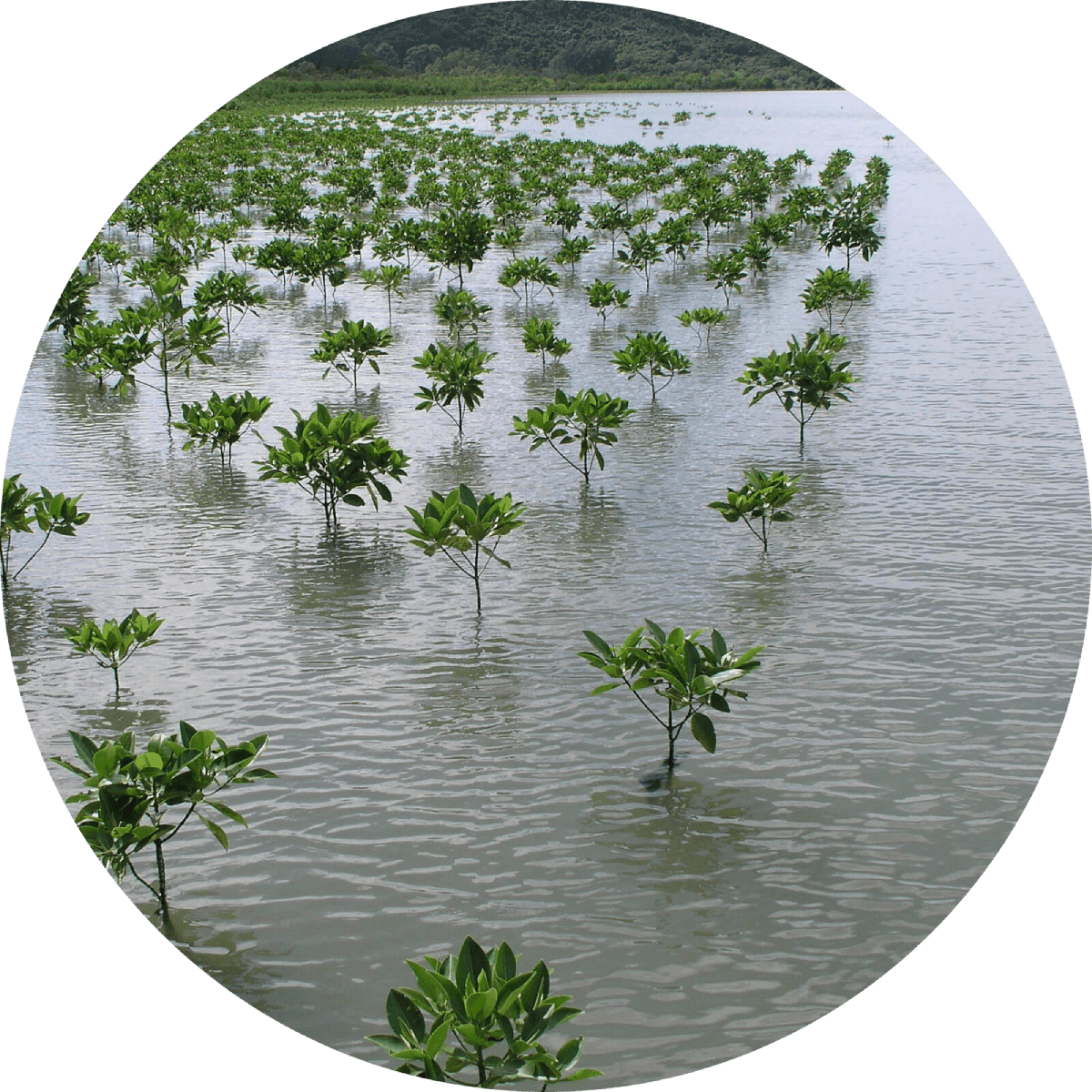
Learn how we can reduce our emissions and protect and restore species and habitats – around the world.

See how art can help us rethink the problems we face, and give us hope that each one of us can make a difference.

Help make a global memorial something personal and close to home. Share your stories of the natural world.
